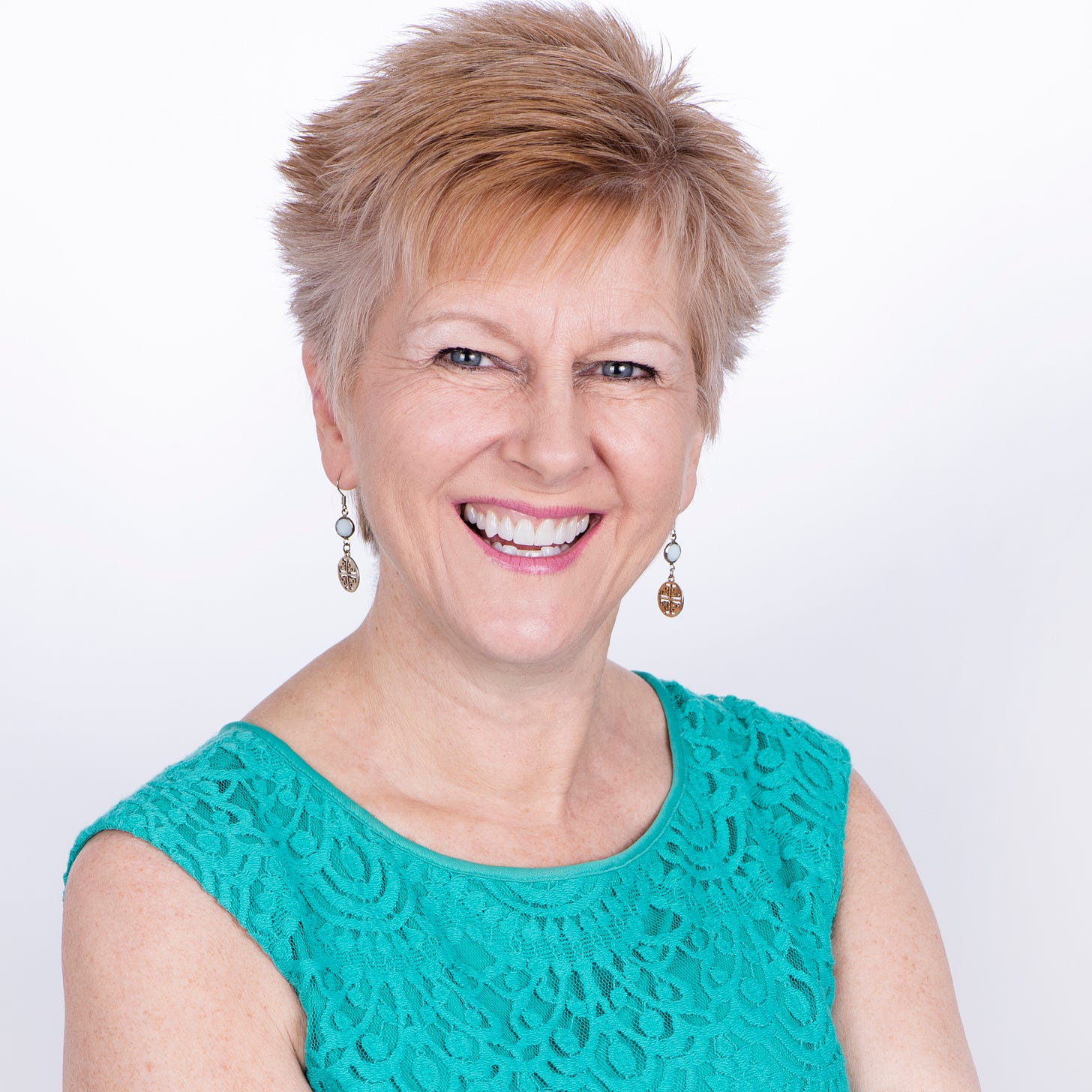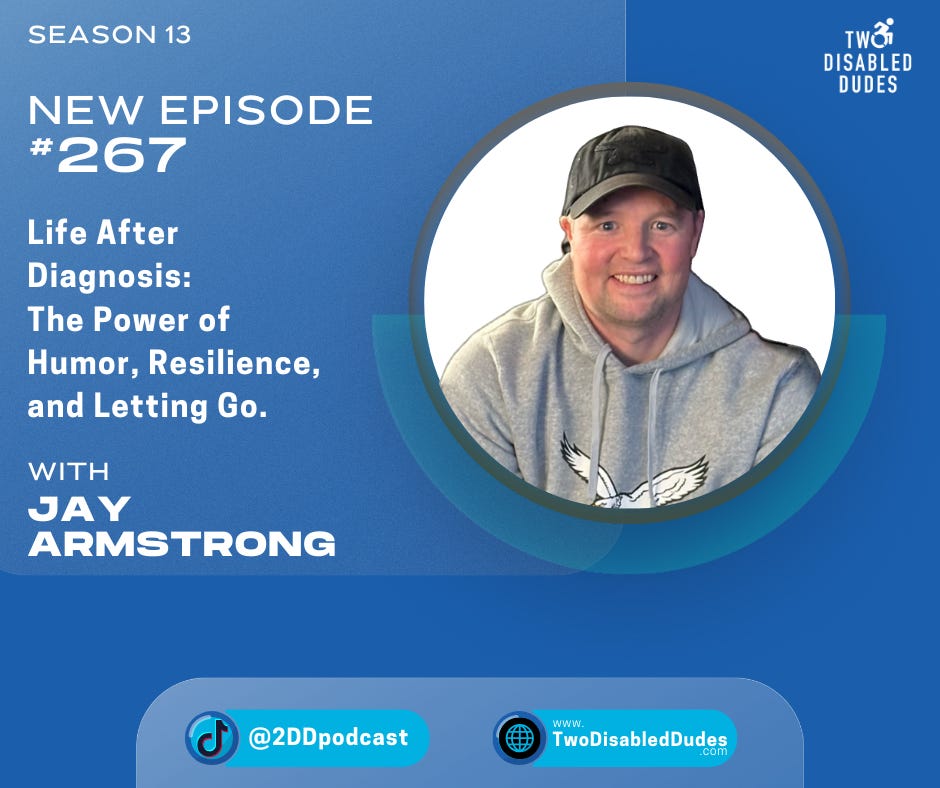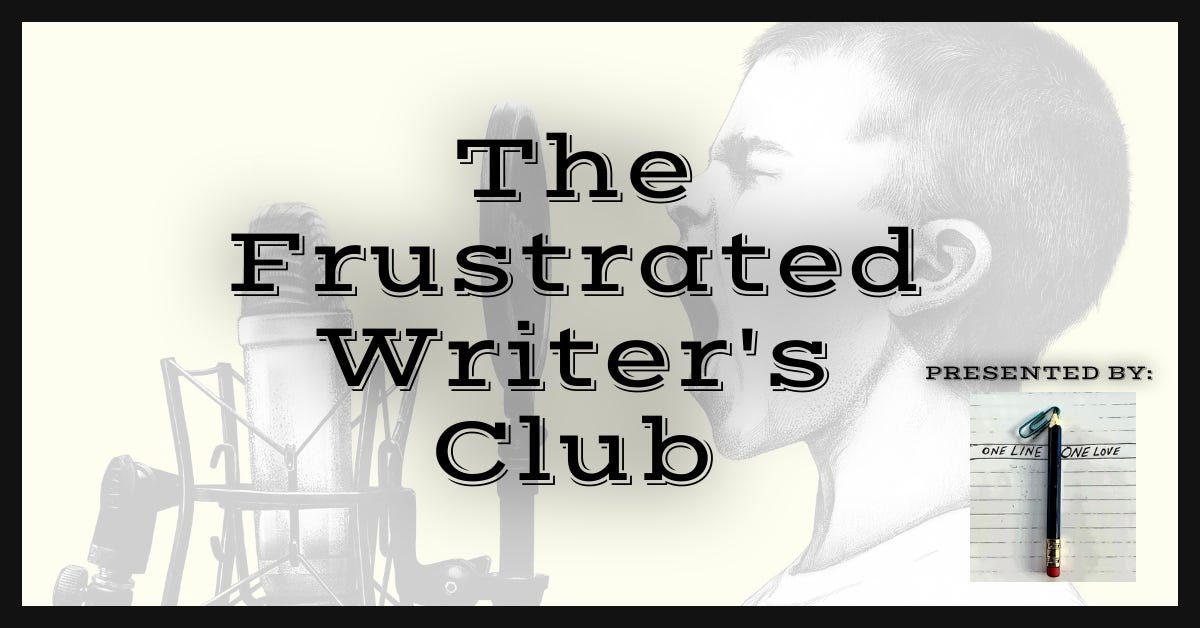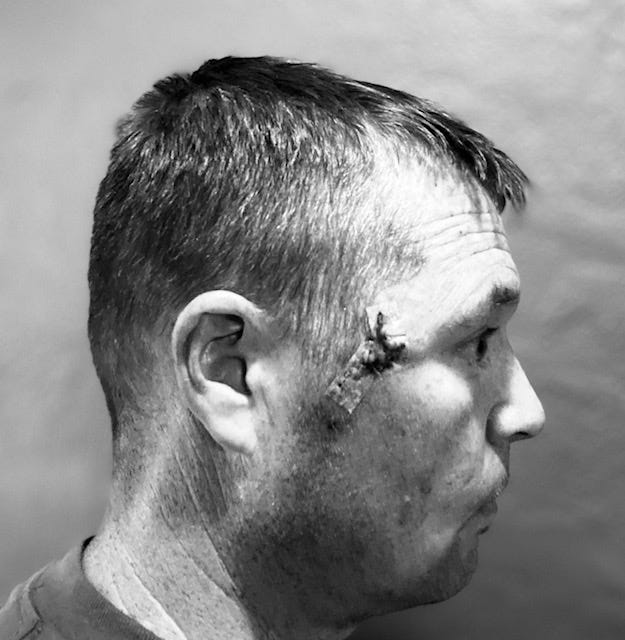Thanks for checking out The (dis)Abled Writer! If my words make you think, laugh, or feel a little less alone, consider subscribing for free to get new posts. If this post resonates with you, hit that ❤️ below—it helps more people find my work on Substack. Want to keep up with future posts? Just drop your email below and hit subscribe. And if you’d like to support my work (and fuel my writing with some much-needed caffeine ☕), you can click here and BUY ME A COFFEE 🧡—because good stories deserve strong coffee!
Here’s something no one tells you when you get diagnosed with a progressive disability:
At first, every time someone held a door open for me, offered to carry my groceries, or slowed their pace to match mine, I bristled. My pride translated every kind gesture into a quiet humiliation. I’d smile politely, but inside I was flinching: They feel sorry for me. They pity me. They think I’m less.
It became a running loop in my mind, a misinterpretation that settled into my bones. And if I’m being honest, it wasn’t just about them—it was about me. About how I saw myself after my diagnosis. As if my worth had been rerouted, detoured into the land of the helpless. I thought I had to prove that I was still strong, still independent, still capable.
What I didn’t see—what I couldn’t see yet—was that people weren’t helping me because they pitied me. They were helping because they loved me. And that realization? That was a turning point.
It took time. And ego-checks. And a lot of internal wrestling. But eventually I started to understand that letting someone help me wasn’t admitting defeat. It was opening a door—sometimes literally—to connection. To trust. To vulnerability that wasn’t weakness, but a kind of quiet strength.
Here’s the truth I know now: what looked like pity was actually love. And what I mistook for weakness was a deeper form of resilience.
Accepting help isn’t giving up. It’s showing up—with honesty. It’s saying, Yes, this is hard. And no, I don’t want to do it alone.
So now, when someone reaches out a hand, I don’t flinch. I let them. Because that’s not pity—it’s partnership. It’s love in motion.
And if you’ve been where I was—if you’ve confused someone’s kindness with condescension—I want to tell you this: letting someone love you enough to help is one of the bravest things you’ll ever do. It’s not about surrendering your power. It’s about expanding it.
Because the moment you stop seeing pity and start seeing love? That’s the moment you begin to accept your disability not as a failure, but as part of your wholeness. As something that doesn’t need to be fixed—just witnessed, and held.
By you. By the people who love you. By the world.
And maybe that’s what being resilient really means. Not pushing people away, but letting them in
💡 Try This:
The One-Minute Pause
Just once today—pause.
Look around. Feel your body in the chair.
Breathe deeper than usual
Notice something small and good. Listen. Let that moment matter.
😆 Laugh So You Don’t Cry
They say “dance like no one’s watching.”
In my case, it’s more like “stumble like everyone’s watching and owning it.”
📢 Words to Carry With You
"Sometimes life just sucks. The question is, are you just visiting (your challenge), or are you going to live there?"— Mary Fran Bontempo
Mary Fran Bontempo is an award-winning 2-time TEDx and Keynote speaker, workshop presenter, author, humorist and media host who teaches audiences to uncover their Brilliance and Resilience 15 minutes at a time.
Learn more about Mary Fran:
✏️A Writing (or Thinking) Prompt for Healing
“I used to believe healing looked like ______. Now I think it’s more like ______.”
I’m looking to add more resilient voices to this newsletter. Got a great piece of advice? Want to share your story? Contact me at writeonfighton@gmail.com or via Substack.
Be well,
Jay
Give a listen to my interview on the Two Disabled Dudes Podcast.
🚨 Don’t wait. This book matters. 🚨
If you’ve ever felt lost in the body you now live in, A Good Calamity is for you. It’s raw, honest, a little funny, and full of heart. These essays and poems won’t fix everything—but they might help you feel a little less alone. OUT NOW!!!
Episode 64: What energizes you as a writer?
Why do we keep chasing energy when most days feel like we’re running on empty? In this episode of The Frustrated Writers’ Club, Gail and Jay unpack the idea of energy—not the caffeine-fueled kind, but the deep, sustaining stuff that actually keeps us going. They talk about feeling uninspired, making writing prompts personal, and how to tell the difference when everything feels like “a lot.” From creative burnout to unexpected joy, they explore how tuning in to what energizes you can be the most radical act of self-care—and the most essential tool for staying in the game. Tune in for a heart-to-heart full of honesty, side tangents, and just enough writer’s humor to keep things fun.
Jay Armstrong is an award-winning author and speaker who refuses to be defined by his diagnosis of a rare neurological disease. Despite challenges with movement, balance, eyesight, and speech, Jay continues to press forward with determination, humor, and hope. As the leader of the Philadelphia Ataxia Support Group, he’s dedicated to helping others find joy, peace, and meaning in their lives, no matter the obstacles they face.











